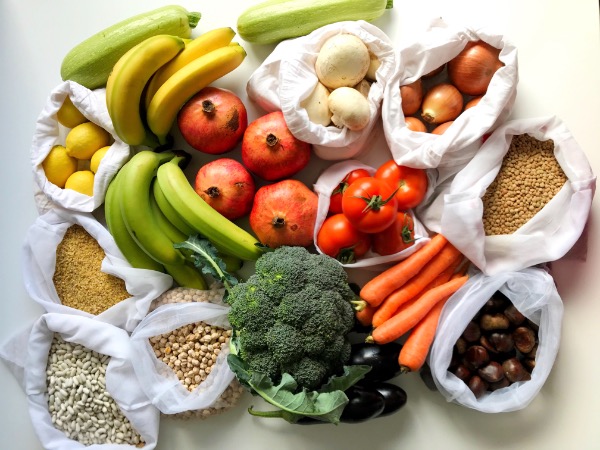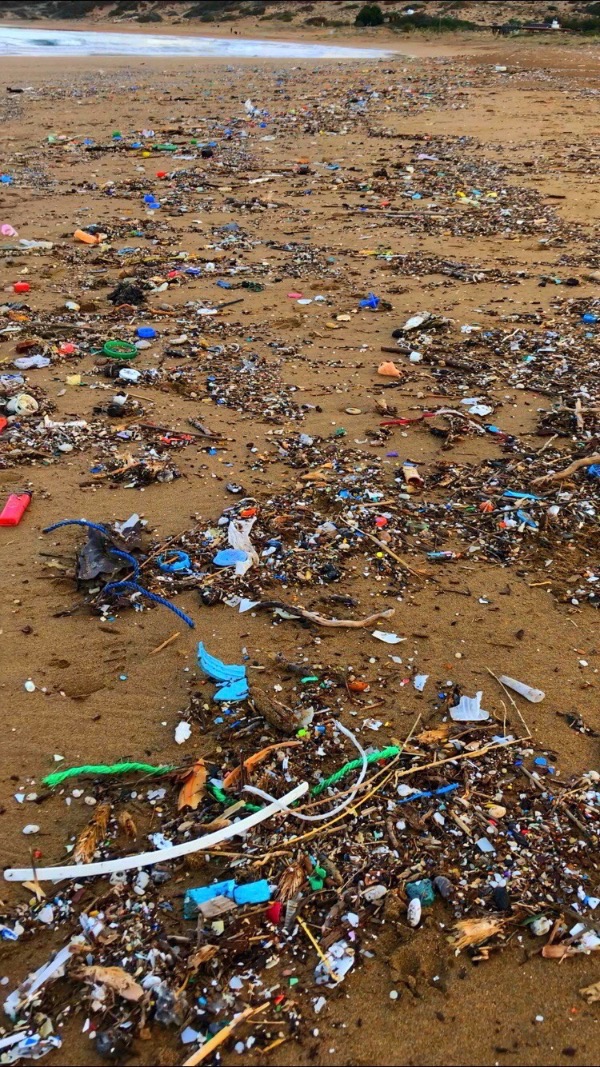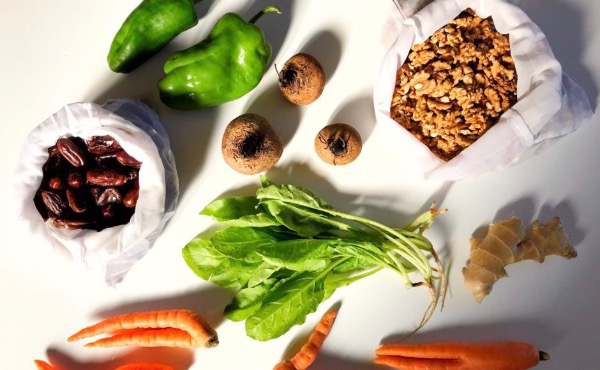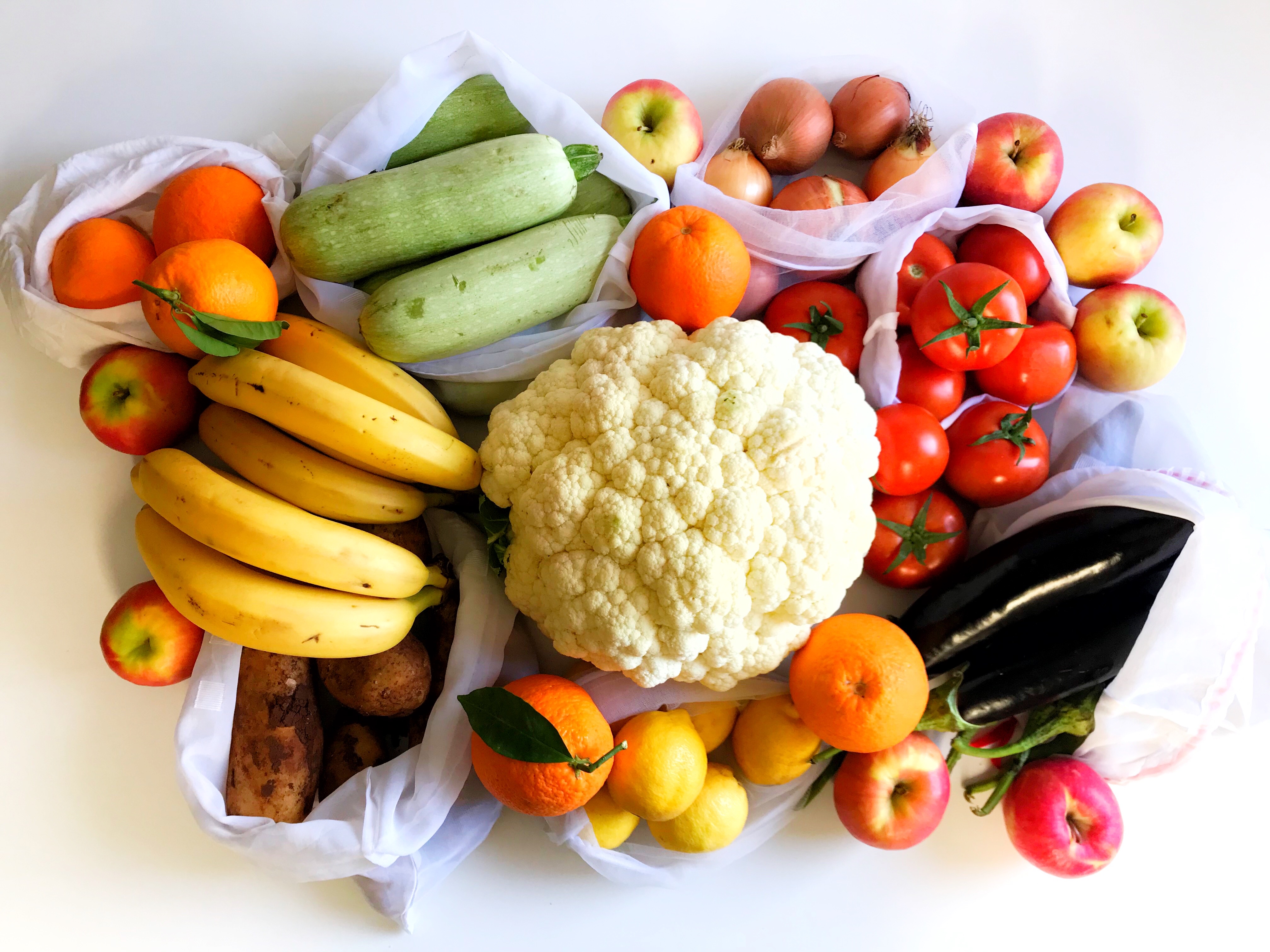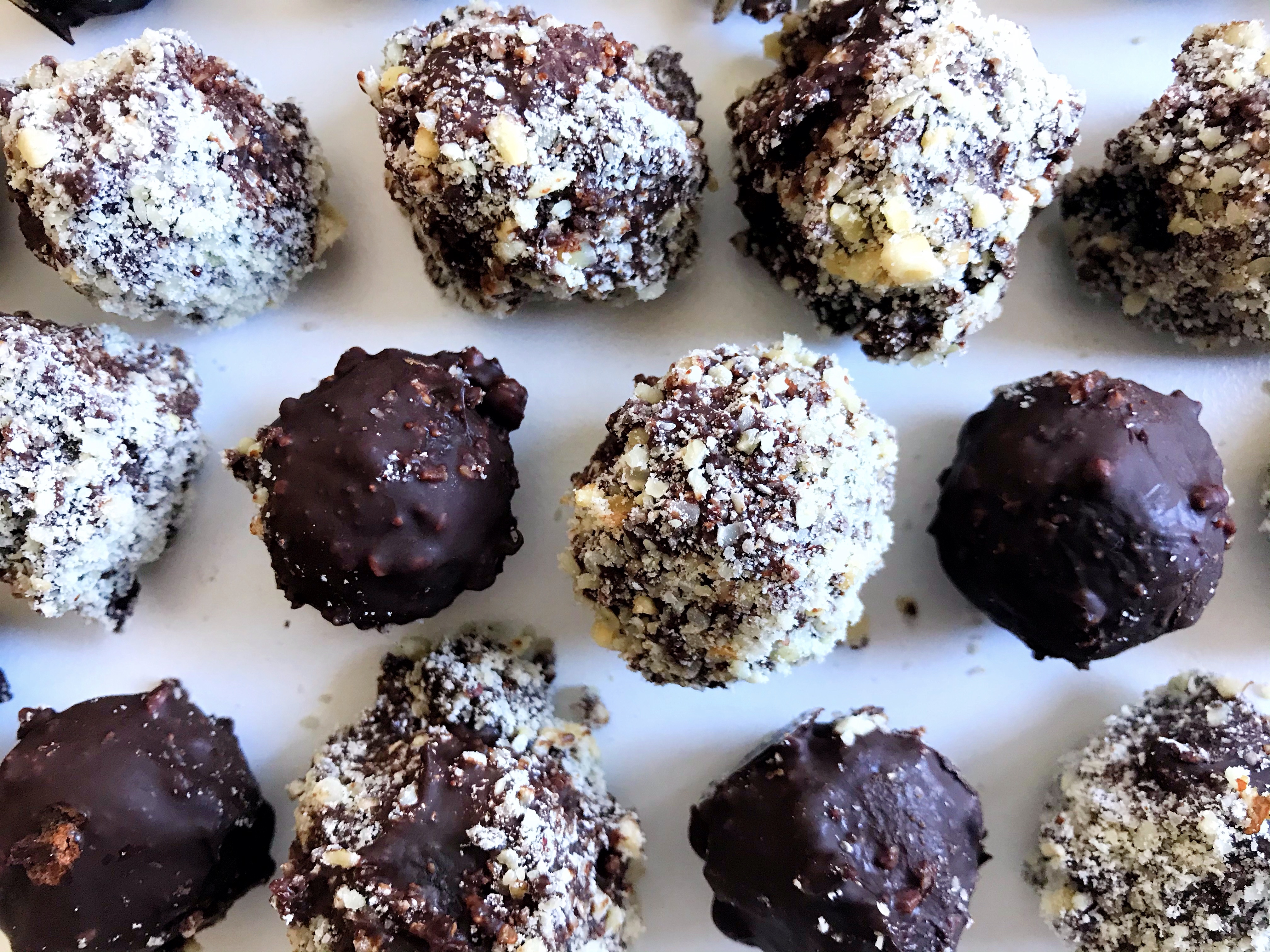Recyclable vs Recycled
Recyclable means that an item can be recycled.
Recycled means that an item was already recycled but it doesn't mean that the item is again recyclable.
Recycling is the process of converting used materials into something new, keeping products away from a landfill for longer.
But there are limits to how many times some materials can be recycled.
Here’s a list of the most common types of recyclable materials and how many times they can be recycled:
Plastic (once or twice)
Most plastics can only be recycled once or twice before they are downcycled, which means they are recycled into something of a lesser value. Plastic is often downcycled to create clothing, fleece, or even lumber. It is much more energy efficient to downcycle plastic and create these items than it is to use all new materials to create them.
However, the items that are created usually cannot be recycled. So, if plastic is downcycled to create a fleece sweater, that sweater may eventually end up in a landfill somewhere when the owner no longer wants it.
Aluminum (no limit)
Aluminum is one of the most valuable recyclable materials because there is no limit to how many times it can be recycled. In fact, it is estimated that more than two-thirds of all the aluminum that has ever been produced is still being used today.
Paper (five to seven times)
Paper consists of long fibres that become shorter and shorter every time it is recycled. The shorter the fibres become, the harder it is to recycle the paper, so this material can usually only be recycled about five to seven times.
After it has been recycled five to seven times, the fibres are typically too short to be recycled again. Instead, the material is turned into paper paste and used to create items such as newspapers or egg cartons.
Glass (no limit)
Recycling glass is 33% more energy efficient than creating glass using new materials. Like aluminium, glass can be recycled over and over again without degrading, so you should never feel guilty about buying glass items as long as you take the time to recycle them. Be sure that you contact your local recycling centre to find out what types of glass they process. There are several different types of glass and some of them require special processing, so it’s important to figure out which types your recycling centre accepts.
Metal (no limit)
Metals can be recycled time and time again without degrading. If everyone were to recycle metal, we could greatly reduce the demand for new materials that need to be mined from the earth. For example, steel is one type of metal that consists primarily of mined ore. By recycling one ton of steel, we can prevent the mining of 2,500 pounds of iron ore, 1,400 pounds of coal, and 120 pounds of limestone.
Recycling symbols
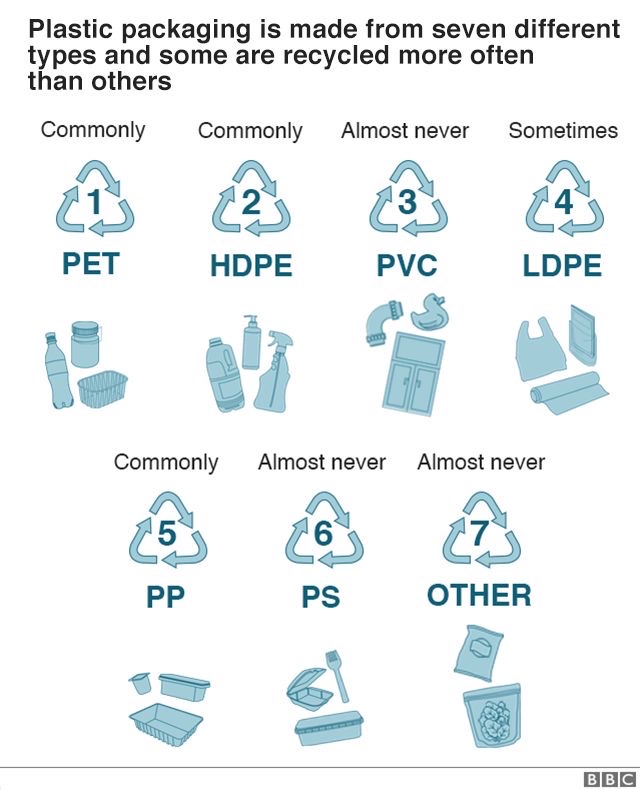
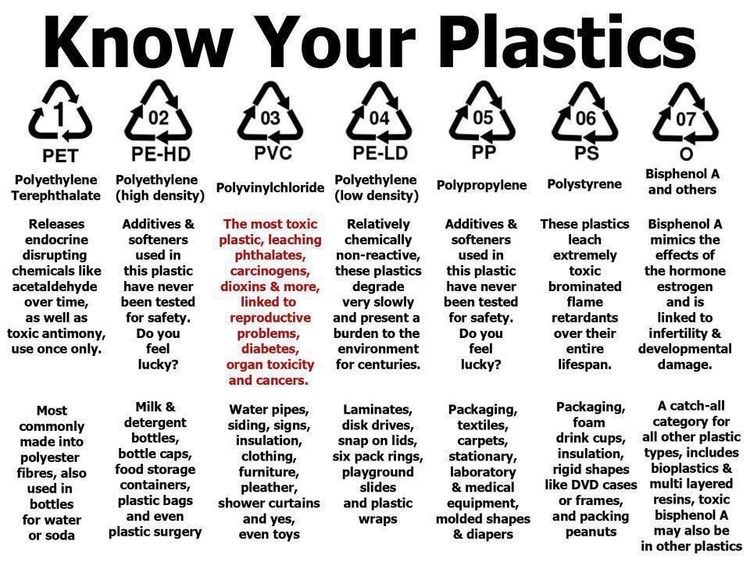
Often “biodegradable” plastic items (including single-use plastic bags and containers) break down completely only if exposed to prolonged high temperatures above 50°C (122°F). Such conditions are met in incineration plants, but very rarely in the environment. Therefore, even bioplastics derived from renewable sources (such as corn starch, cassava roots, or sugarcane) or from bacterial fermentation of sugar or lipids (PHA) do NOT automatically degrade in the environment and especially not in the ocean.
Info from United Nations Environment Programme
Try to buy your food:
- Without packaging (if it is available for you)
- Use your own containers, produce bags and shopping bags
- Buy your food in the biggest packaging available
- Choose glass, metal, paper packaging if you can.
Think about recycling as a last option
Love💕Inkka
My programme ULTIMATE WHOLE FOOD PLANT BASED LIFESTYLE IS FOR YOU if you want to:
➺ make a positive difference for our beautiful planet
➺ be & feel healthier than ever before and full of energy
Ultimate whole food plant based programme
Please read this articles:
Where to start when you want to make a positive difference for our planet
What is plastic and microplastic
Articles - Zero waste lifestyle
Articles - Whole food plant based lifestyle

